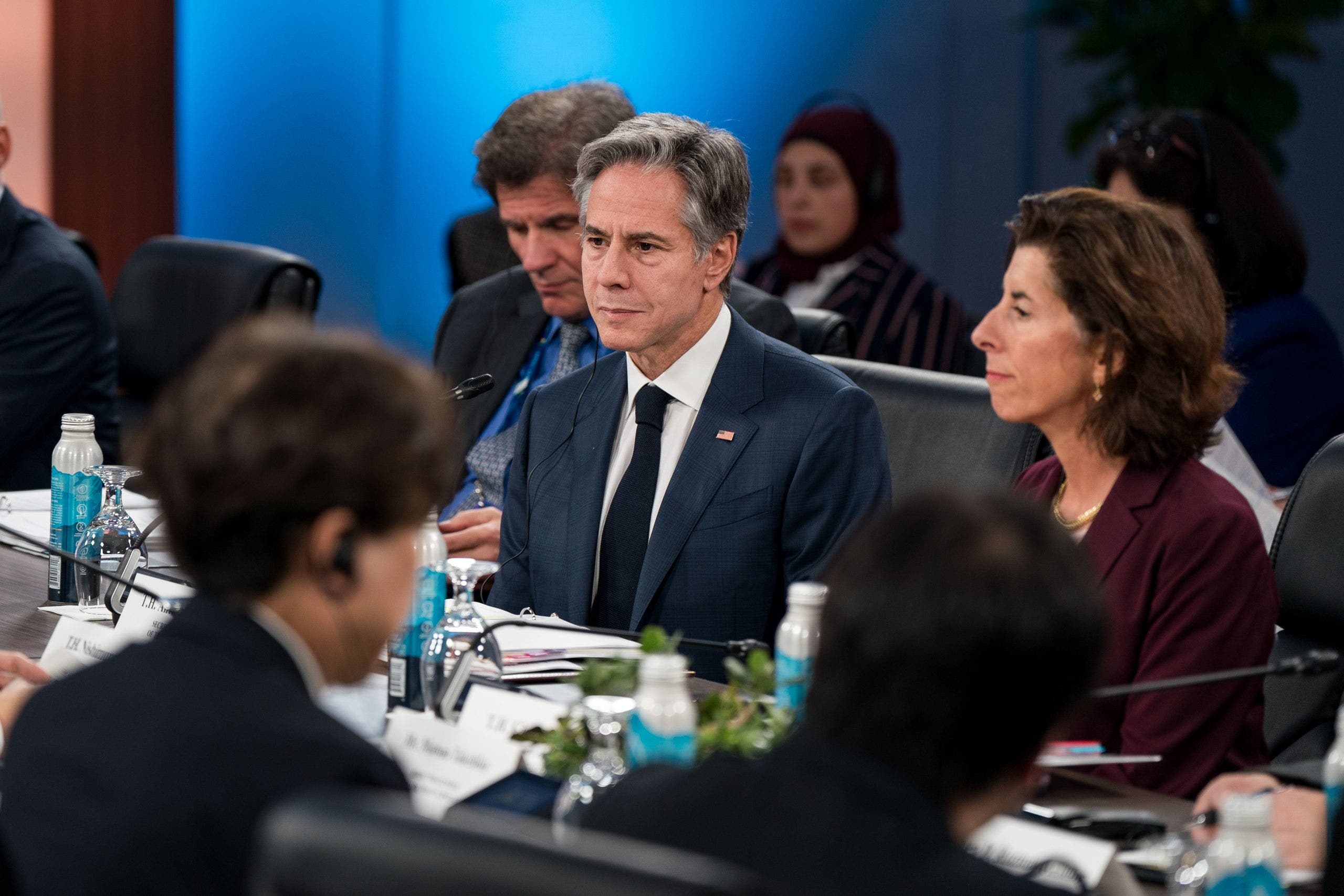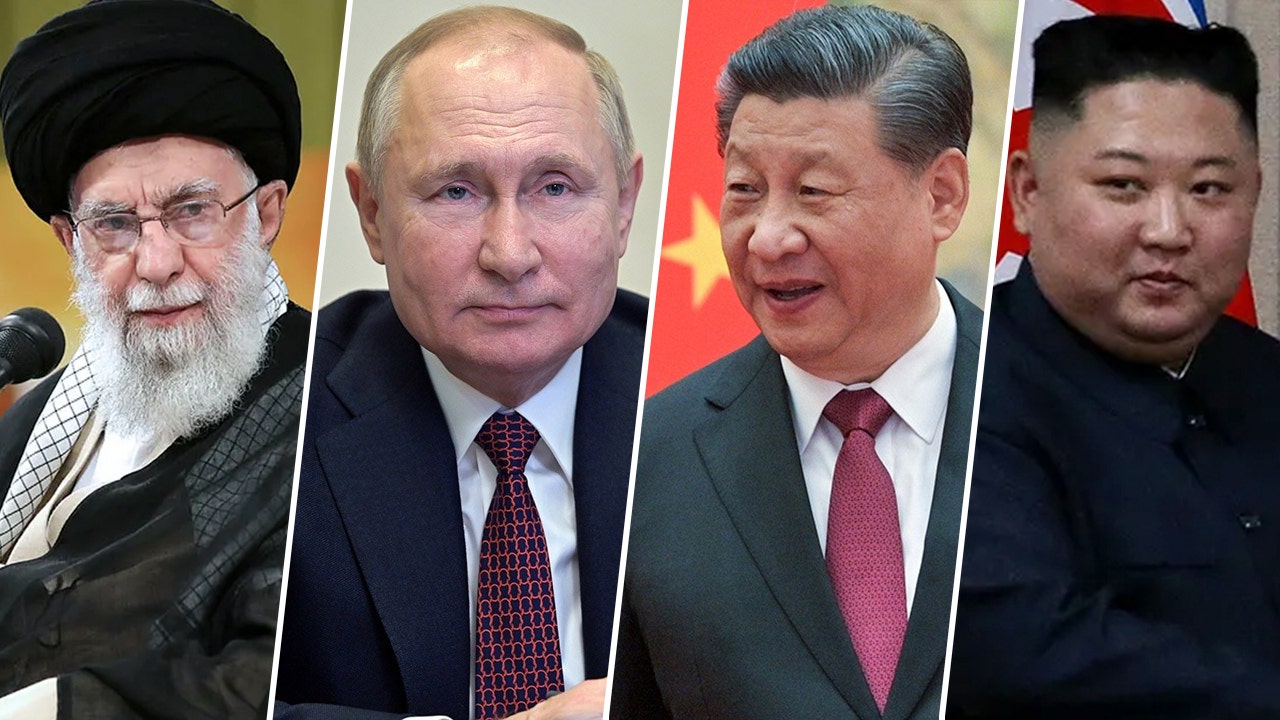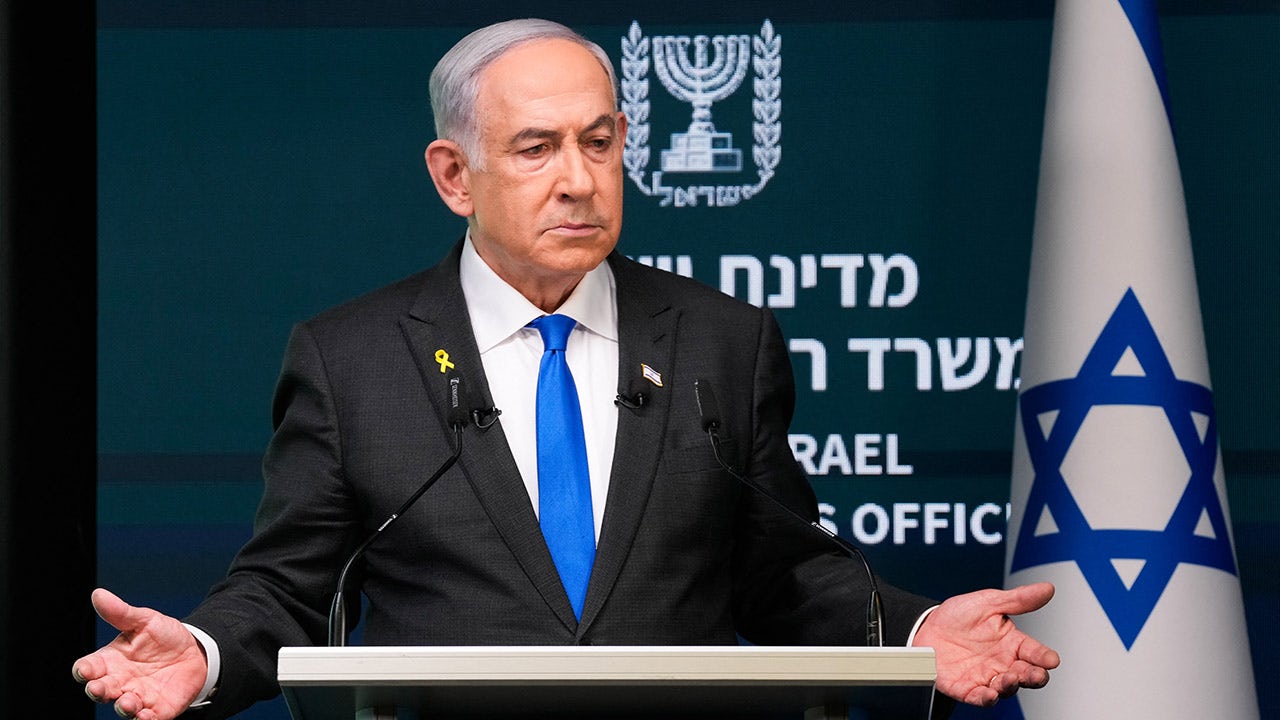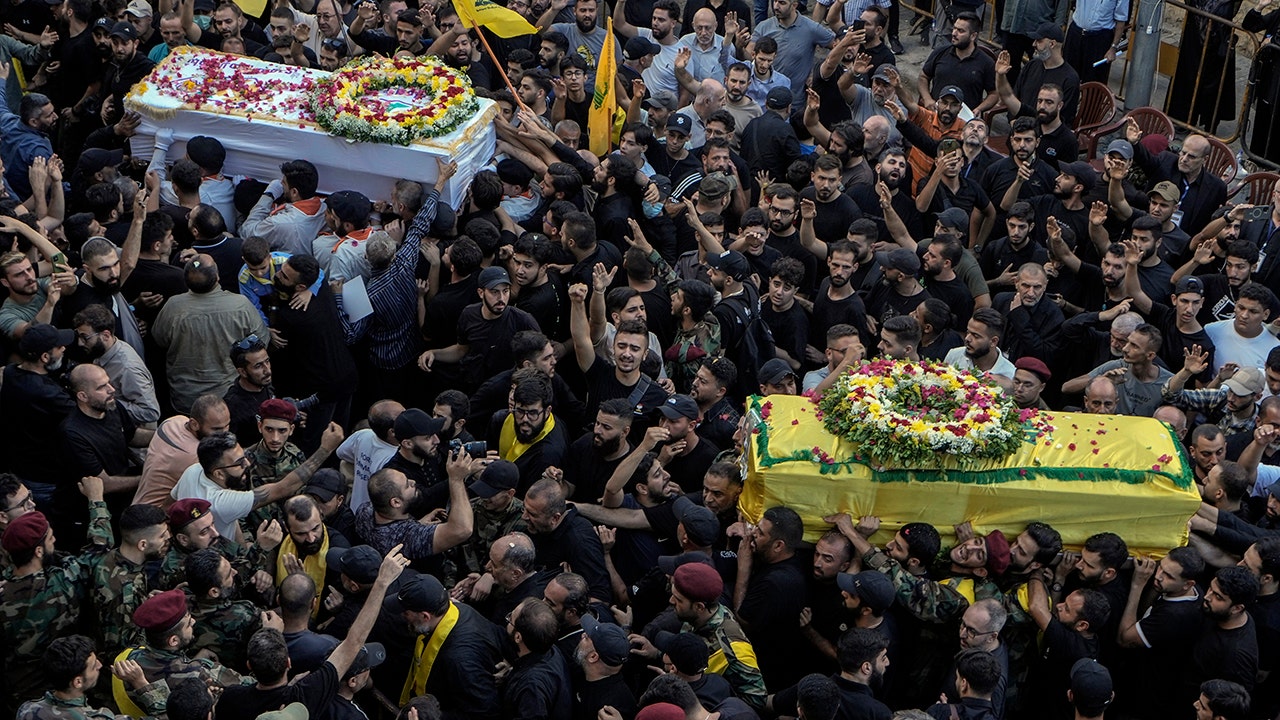A U.S.-led resolution that would prevent using nuclear weapons in outer space received dozens of co-sponsors, but Russia vetoed the measure amid reports it has deployed a weapon that can destroy satellites.
“The detonation of a nuclear weapon in space would destroy satellites that are vital to communications, agriculture, national security, and more worldwide, with grave implications for sustainable development, and other aspects of international peace and security,” the U.S. Mission to the United Nations wrote in a press release prior to the vote.
“The diverse group of cosponsors of this resolution reflects the strong shared interest in avoiding such an outcome,” the statement read. “We join these Member States in calling on the Security Council to meet this moment today and adopt the resolution unanimously, consistent with its mandate to maintain international peace and security.”
The U.S. and Japan presented the resolution to the U.N. Security Council for a vote on Wednesday, but Russia shot the measure down. Prior to the vote, Russia’s Deputy U.N. Ambassador Dmitry Polyansky reported that his country’s initial impression was that the resolution served as “yet another propaganda stunt by Washington” and called it a “very politicized” effort “divorced from reality,” The Associated Press reported.
The draft resolution, which received backing from 60 member states, states that “the prevention of an arms race in outer space would avert a grave danger for international peace and security.” It affirms that countries that ratified the 1967 Outer Space Treaty must comply with their obligations.
A Security Council meeting at United Nations headquarters, March 22, 2024. (Getty Images)
The tug-of-war over hypothetical space-based weapons follows claims from the White House in February that Russia had deployed a “troubling” anti-satellite weapon – though no one has yet confirmed the weapon is operational or even in a testing phase.
SOLAR-POWERED, UNCREWED FLIGHTS ARE THE ‘FUTURE’ OF AVIATION: ROBERT MILLER
The weapon would allegedly be capable of destroying satellites by creating a massive energy wave when detonated, Foreign Policy reported. The weapon could therefore potentially cripple countless other satellites that serve both commercial and government purposes, including cellphone use and internet access.
Vassily Nebenzia, Russia’s permanent representative to the U.N., attends a Security Council meeting at U.N. headquarters in New York City on April 14, 2024. (Fatih Aktas/Anadolu via Getty Images)
Russia at the time argued that it would uphold the international 1967 treaty, which bans the deployment of “nuclear weapons or any other kinds of weapons of mass destruction” into orbit or the stationing of “weapons in outer space in any other manner.”
“Our position is quite clear and transparent: we have always been and remain categorically opposed to the deployment of nuclear weapons in space,” Russian President Vladimir Putin said in February. “Just the opposite, we are urging everyone to adhere to all the agreements that exist in this sphere.”
Linda Thomas-Greenfield, the U.S. ambassador to the U.N., attends the Security Council meeting to demand an immediate cease-fire in Gaza on March 25, 2024, in New York. (Fatih Aktas/Anadolu via Getty Images)
However, Russian Defense Minister Sergei Shoigu cryptically added at another time that Russia has only developed space capabilities that “other nations, including the U.S., have.”
RARE STAR EXPLOSION EXPECTED TO BE ‘ONCE-IN-A-LIFETIME VIEWING OPPORTUNITY,’ NASA OFFICIALS SAY
U.N. Secretary-General António Guterres later warned that “geopolitical tensions and mistrust have escalated the risk of nuclear warfare to its highest point in decades.”
Russia’s Soyuz-2.1a, carrying the Soyuz MS-25 spacecraft, was successfully launched from Kazakhstan’s Baikonur spaceport on March 23, 2024, according to TASS News Agency. (Roscosmos/Ivan Timoshenko/Handout/Anadolu via Getty Images)
Putin, throughout the conflict with Ukraine, has dangled threats of nuclear weapons. He said that “from a military-technical point of view, we are, of course, ready,” when asked in March about a potential nuclear war.
Putin has used the threat of nuclear weapons in Ukraine as a means of preventing more direct intervention from the U.S. and other NATO allies, repeatedly stressing that any deployment of troops or similar more direct moves against Russia would be viewed as intervening in the war.
The Associated Press contributed to this report.
Peter Aitken is a Fox News Digital reporter with a focus on national and global news.




